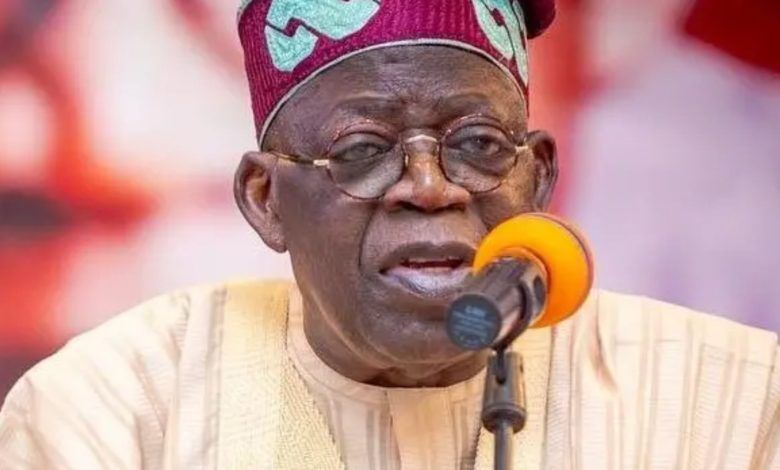
At the 8th African Union Summit, President Bola Tinubu was recognized for his leadership in advancing the African Continental Free Trade Area (AfCFTA) Digital Trade Protocol.
Former President of Niger Mahamadou Issoufou, praised Tinubu’s efforts during his presentation of the annual report, highlighting the protocol’s key achievements, including the completion of eight annexes.
Issoufou commended Nigeria’s proactive role, specifically noting the January 2025 High-Level Roundtable on Nigeria’s AfCFTA implementation, organized by the Federal Ministry of Industry, Trade, and Investment. During the roundtable in Abuja, leading Nigerian FinTech companies, such as CcHUB, Norebase, Helium Health, Renda, Vendease, and Bamboo, showcased their innovative tech-driven solutions, solidifying Nigeria’s position as a pioneer in digital trade across Africa.
In his address, Issoufou emphasized the significance of Nigeria’s engagement with the AfCFTA framework, noting the importance of President Tinubu’s leadership in promoting the digital trade agenda. Tinubu’s commitment to fostering collaboration among African countries on digital trade was also acknowledged, with the statement recalling his remarks in Cape Town, South Africa, in December 2024, where he expressed his willingness to work with other African nations for the mutual benefit of the continent.
The statement further highlighted how this recognition underscores Nigeria’s pivotal role in shaping Africa’s digital economy under the AfCFTA framework.
The AfCFTA Digital Trade Protocol, adopted at the 37th African Union Heads of State Summit in February 2024, aims to create a seamless and secure digital commerce system by harmonizing digital trade regulations across the continent. For the protocol to take effect, at least 22 AfCFTA member states must ratify it. Once ratified, member states will have up to five years to implement its provisions, addressing key areas such as data governance, cybersecurity, and digital payments.
The protocol’s eight annexes cover critical aspects of digital trade, including rules of origin for digital products, digital identity recognition, cross-border digital payments, cross-border data transfers, cybersecurity, disclosure of source codes, and the promotion of financial technologies.
The annexes were officially adopted by Ministers of Justice at the 10th Session of the Specialized Technical Committee on Justice and Legal Affairs, further solidifying the protocol’s foundation.





